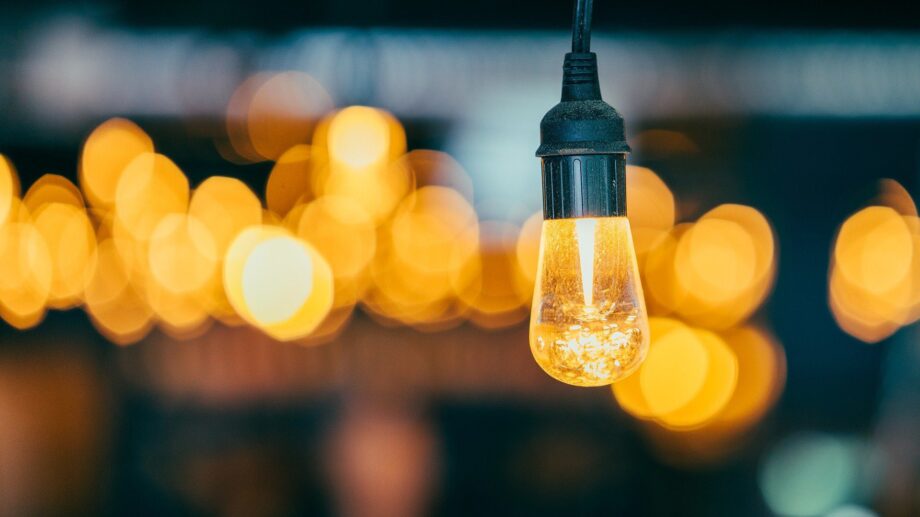According to the FD, the energy transition with solar energy storage in the Netherlands has only just begun, but it is already squeaking and creaking on all sides. It was known that Amsterdam is struggling with an overloaded power grid, so companies are already avoiding the capital. But more and more regions in the Netherlands are struggling with an overloaded power grid. After Friesland and Amsterdam, capacity problems are now threatening businesses in North Brabant and Limburg. Is a powerwall the solution to the energy transition?
Grid operators Enexis and Tennet are not accepting new applications from large-scale consumers there. It leads to great anxiety among companies and strong criticism of The Hague’s policy. Without a new or extended electricity connection, companies’ growth and transition plans can be thrown in the bin.
For the Eindhoven region in particular, it is a hard sell. Brainport Eindhoven has consistently been one of the fastest growers in the Netherlands for years. Chip machine manufacturer ASML says existing expansion plans are not in jeopardy. ‘But it should not take too long. This really needs to be resolved,’ a spokesperson stressed.
From Limburg, Chemelot reports that the sustainability of the industrial complex is being delayed. ‘The fact that the government is going to impose hefty levies on companies that do not become more sustainable and, on the other hand, is unable to create the preconditions that are essential for that sustainability is unacceptable.’
Avoiding Chinese dependency
And so national grid operator Tennet and and regional grid operators are investing billions in expanding the power grid in the Netherlands. But a new risk immediately arises there: China.
Chinese companies should be excluded from tenders for major new electricity projects in the Netherlands to avoid over-dependence on the People’s Republic. At least that is what Dutch top executives in the offshore and energy sector think.
They call for stricter selection of Chinese participants in tenders in the Netherlands and have challenged Tennet, among others, on this. Tennet tenders for many large projects and is 100% government-owned.
Hiring Chinese companies to build crucial infrastructure also raises questions about its safety. ‘You can put sensors in cables you can’t see, which the Chinese can do anything with. I am not saying there is evidence that it happens, but it is a concern,’ says Alexander van der Lof, TKH Group chairman of the board.
Virtual Reality glasses
Cracking infrastructure and Chinese risks may be a problem, but without skilled people, the green economy will never get off the ground anyway. For sustainability, the industry is counting on technologies that have not yet been developed. Not only the installations have to change, but also the knowledge of the people behind the controls.
At Vista College in Sittard, students work with machines from the 1970s as well as VR glasses. They also learn that money will soon be good. ‘I want to retire at 40.’ Colleagues Pien van Engen and Caitlin Stooker visited Vista College in Sittard and spoke to enthusiastic students and teachers.
Oatmilk
How difficult it is for individual companies to substantially reduce greenhouse gas emissions is evident at FrieslandCampina. Under pressure from the government and environmental movement, FrieslandCampina CEO Hein Schumacher is trying to work on this, but a quick transition is difficult.
Animal dairy products are still badly needed for the time being because of two problems, Schumacher argues. ‘If everyone eats only plant-based foods from today, we will need three and a half earths to feed the world’s population.’ Now ruminants convert grass from land unsuitable for arable farming into valuable protein. If that food source disappears, far more arable land would be needed than the earth has.
‘The second problem is cost. Milk has a lot of nutritional value that is currently difficult to reproduce with plant-based ingredients. In one glass of cow’s milk, there are so many essential amino acids for our body that it takes eight glasses of oat milk to match that. In the Netherlands, that might not be a problem, but in large parts of the world, people cannot afford those eight expensive glasses of oat milk and they cannot spare the nutritional value.’
A powerwall proves to be a good solution in many cases where the energy transition leaves some areas for improvement. Check out in our shop or at one of our partners, for example BlauHoff, what would come in handy in your situation with solar energy storage.

